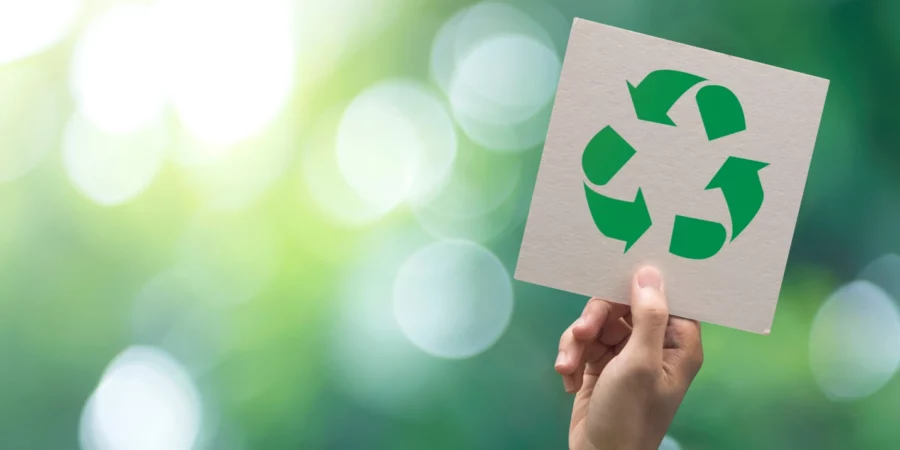In the ever-evolving landscape of technological innovation, the race for progress is closely intertwined with the pursuit of sustainability. Smartphone companies, in particular, are facing a delicate balancing act as they strive to stay ahead in the technological curve while also addressing the escalating concern of electronic waste (e-waste).
In this dynamic milieu, a novel trend is emerging that seeks to rewrite the narrative of technology consumption. A growing number of device manufacturers are pivoting towards the concept of trading in old smartphones, a strategic move aimed at mitigating the proliferation of outdated devices as consumers embrace newer models.
OPPO, a prominent player in the smartphone arena, has embraced this transformative path by launching its sustainable upgrade initiative, notably its trade-in program. Collaborating with Badili Africa, a mobile phone re-commerce platform, OPPO’s trade-in initiative encourages customers to exchange their aging smartphones for more current models. This not only aligns with their commitment to environmental, social, and governance (ESG) and sustainability goals, but also reflects a broader shift within the industry towards responsible consumption.
This strategic maneuver comes at a critical juncture as the global volume of electronic waste is projected to swell by 12.82 percent between 2023 and 2028. The smartphone industry, driven by its rapid technological advancements, has unwittingly contributed to this surge in e-waste. However, with the introduction of trade-in programs, the narrative is taking a constructive turn.
OPPO’s trade-in program holds myriad benefits, both for consumers and the environment. Customers are incentivized to return their older devices in exchange for newer models at a consumer-friendly cost. This not only alleviates the financial burden associated with upgrading to the latest smartphone but also fosters responsible consumption habits.
Once collected, the traded-in smartphones embark on a transformative journey of refurbishment. A comprehensive process, including data wipe and stringent quality checks, breathes new life into these devices. Beyond reducing electronic waste, this refurbishment ethos aligns with the principles of a circular economy, where the longevity of valuable resources is prolonged.
Fredrique Achieng, OPPO Kenya PR Manager, affirms the brand’s commitment to sustainability, stating, “To tackle the problem of e-waste pollution, OPPO has established a number of product recycling systems including trade-in service… OPPO Kenya introducing the trade-in service continues to show our commitment to a sustainable future.”
The advantages of trade-in programs extend far beyond financial relief. They resonate with the growing environmental awareness among consumers. Instead of succumbing to a landfill, discarded devices find a new lease of life through trade-in, reducing the collective strain on the environment.
As the world places greater emphasis on sustainability, these trade-in initiatives serve as conduits for environmentally conscious individuals to actively partake in reducing e-waste and conserving resources. The concept of trading in old smartphones gains traction not only as a pragmatic solution but as a gesture of environmental stewardship.
E-waste recycling has long been embedded in the lifecycle management strategies of firms. For instance, China saw the recycling of 1.08 million phones in 2022, amounting to an impressive 195 tons of material. In regions such as the EU, OPPO’s commitment extends to programs like the Green Dot initiative and collaborations with recycling specialists to responsibly handle used products.
The emergence of trade-in programs heralds a transformative era in the smartphone industry, where innovation and environmental responsibility converge. As OPPO and other companies lead the charge towards sustainable technological consumption, the trajectory of technology is being reframed, aligning with the needs of both consumers and the planet.


Leave a Reply